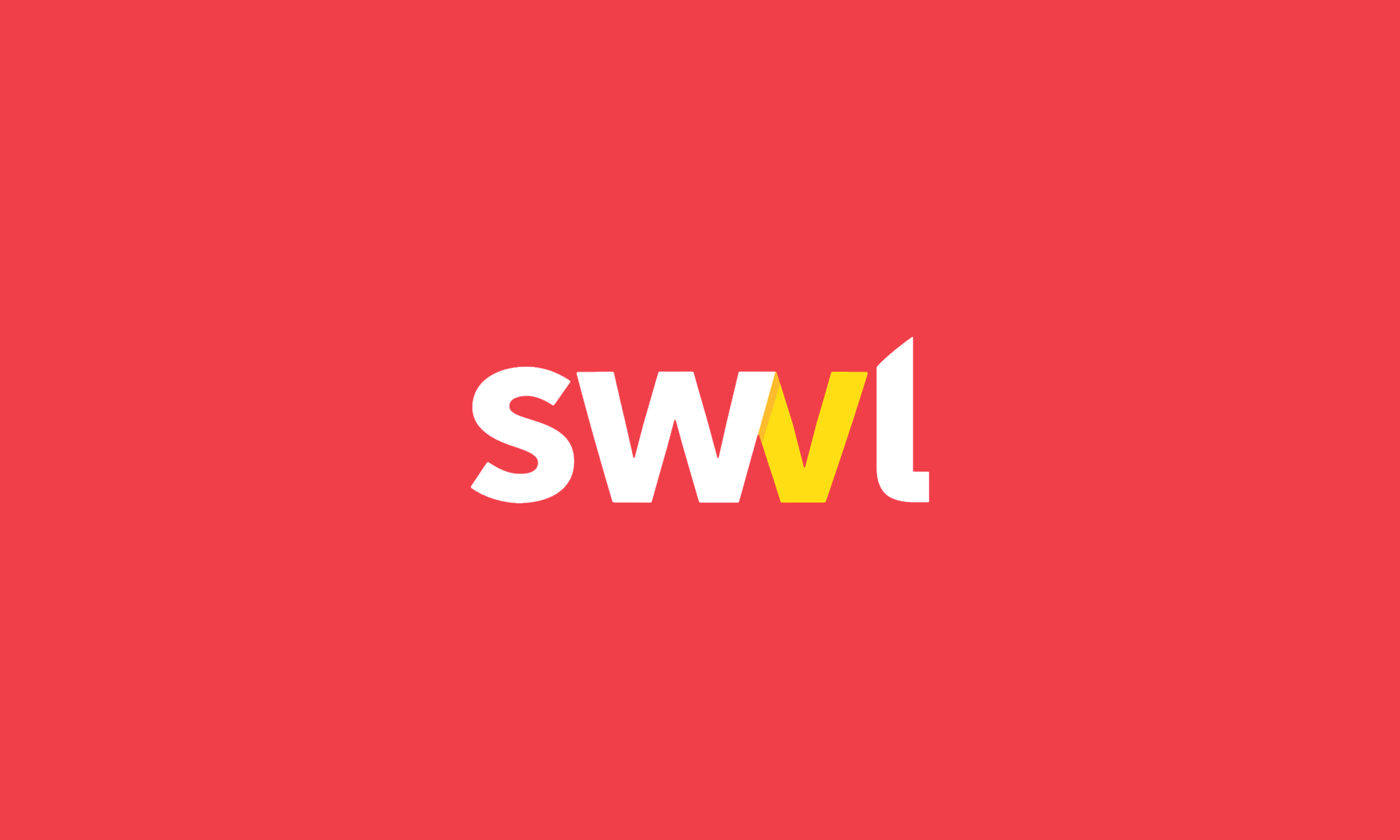News
SWVL Plans To Lay Off Around 400 Employees
The announcement of the layoff didn’t mention how the decision would affect SWVL’s planned expansion to Colombia, Mexico, South Africa, and the United States.

SWVL, a Dubai-based provider of technology-enabled mass transit solutions, has announced its plan to lay off 32 percent of its workforce (around 400 employees) to better cope with the new economic reality the company has found itself in over the past several weeks.
Since SWVL listed its shares this March on the Nasdaq through a merger with women-led blank check company Queen’s Gambit Growth Capital, its valuation has dropped from $1.5 billion to $500-$600 million.
SWVL is just another name on the growing list of companies that have been negatively affected by the current global economic downturn. Even though the company hopes to become profitable again next year, it sees the layoff as the only way forward.
“Over the past few weeks, Swvl has been hit like others across the globe with changes to its financial realities. While change is often unexpected, we believe that any attempt to resist it instead of adapting to it will prove futile,” says SWVL CEO Mostafa Kandil. “Today, with the current global economic downturn, as much as we did everything we could to put people first, we now know that we are not able to keep everyone unimpacted.”
Despite the major setback, SWVL is determined to keep developing its proprietary technology stack and building on its recent acquisitions, which include TaaS and SaaS businesses Argentina’s Viapool, Turkey’s Volt Lines, Spain’s Shotl, and Germany’s door2door.
Also Read: How To Find Remote-Only Tech Jobs In 2023
The announcement of the layoff didn’t mention how the decision would affect SWVL’s planned expansion to Colombia, Mexico, South Africa, and the United States. Currently, SWVL operates in Argentina, Egypt, Germany, Italy, Japan, Jordan, Kenya, Pakistan, Saudi Arabia, Spain, Switzerland, Turkey, and the UAE.
Other technology-enabled companies that have recently announced layoffs include online payment and checkout platform Bolt, German on-demand grocery delivery company Gorillas, and Swedish fintech provider of online financial services Klarna.
News
Rabbit Expands Hyperlocal Delivery Service In Saudi Arabia
The e-commerce startup is aiming to tap into the Kingdom’s underdeveloped e-grocery sector with a tech-first, locally rooted strategy.

Rabbit, an Egyptian-born hyperlocal e-commerce startup, is expanding into the Saudi Arabian market, setting its sights on delivering 20 million items across major cities by 2026.
The company, founded in 2021, is already operational in the Kingdom, with its regional headquarters now open in Riyadh and an established network of strategically located fulfillment centers — commonly known as “dark stores” — across the capital.
The timing is strategic: Saudi Arabia’s online grocery transactions currently sit at 1.3%, notably behind the UAE (5.3%) and the United States (4.8%). With the Kingdom’s food and grocery market estimated at $60 billion, even a modest increase in online adoption could create a multi-billion-dollar opportunity.
Rabbit also sees a clear alignment between its business goals and Saudi Arabia’s Vision 2030, which aims to boost retail sector innovation, support small and medium-sized enterprises, attract foreign investment, and develop a robust digital economy.
The company’s e-commerce model is based on speed and efficiency. Delivery of anything from groceries and snacks to cosmetics and household staples is promised in 20 minutes or less, facilitated by a tightly optimized logistics system — a crucial component in a sector where profit margins and delivery expectations are razor-thin.
Despite the challenges, Rabbit has already found its stride in Egypt. In just over three years, the app has been used by 1.4 million customers to deliver more than 40 million items. Revenue has surged, growing more than eightfold in the past two years alone.
Also Read: Top E-Commerce Websites In The Middle East In 2025
CEO and Co-Founder Ahmad Yousry commented: “We are delighted to announce Rabbit’s expansion into the Kingdom. We pride ourselves on being a hyperlocal company, bringing our bleeding-edge tech and experience to transform the grocery shopping experience for Saudi households, and delivering the best products – especially local favorites, in just 20 minutes”.
The company’s growth strategy avoids the pitfalls of over-reliance on aggressive discounting. Instead, Rabbit leans on operational efficiency, customer retention, and smart scaling. The approach is paying off, having already attracted major investment from the likes of Lorax Capital Partners, Global Ventures, Raed Ventures, and Beltone Venture Capital, alongside earlier investors such as Global Founders Capital, Goodwater Capital, and Hub71.


















